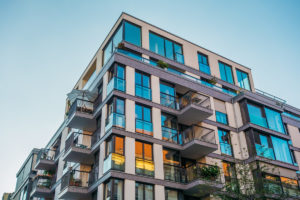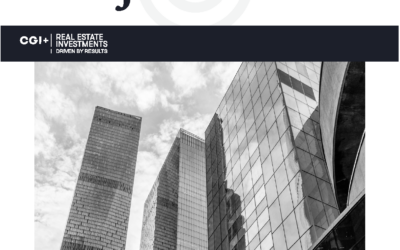 In 2020, as the pandemic gripped the nation, people left major cities searching for more space and affordability. That pushed home price appreciation to mid-2000 levels in many areas of the country.
In 2020, as the pandemic gripped the nation, people left major cities searching for more space and affordability. That pushed home price appreciation to mid-2000 levels in many areas of the country.
Now, approaching a year-and-a-half since the pandemic hit, price appreciation is migrating to a new place—the rental market.
Buoyed by people returning to cities in July, one-bedrooms saw a 7% year-over-year increase in rent and two-bedroom saw an 8.7% increase in rent, according to Zumper’s National Rent Index in July. While rents have generally increased in 2021, things accelerated after April.
Zumper isn’t alone. RealPage said that the nation experienced its highest apartment absorption since the company began tracking the market in the early 1990s
In a recent survey of 100 executives in July by the National Multifamily Housing Council, 92% said that low vacancy rates and high rent increases were prevalent. That is an improvement over April’s numbers. That month, 67% said those conditions were commonplace in the market.
Zumper sees many things driving rent growth. “Lower wage workers who lost their jobs in the pandemic are finding employment again as cities have opened up, allowing them to move out of friend’s and family’s homes,” it said in its July report. “The hyper-competitive sales market is also keeping a lot of prospective buyers in the rental market, particularly first-time buyers with growing families; this would also explain why two-bedroom rent growth is outpacing that of one-bedroom growth.”

